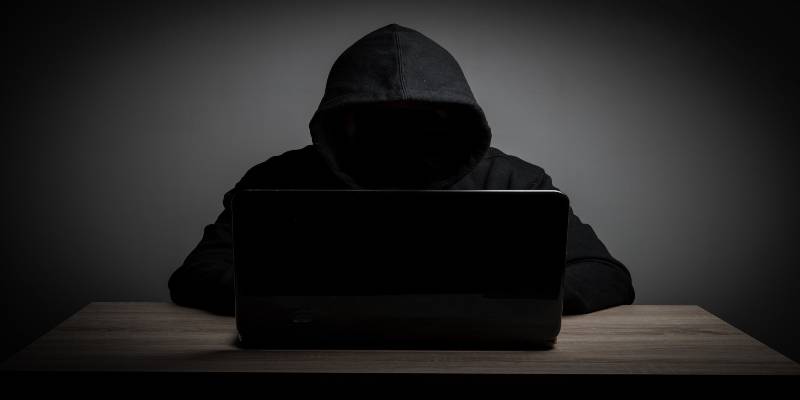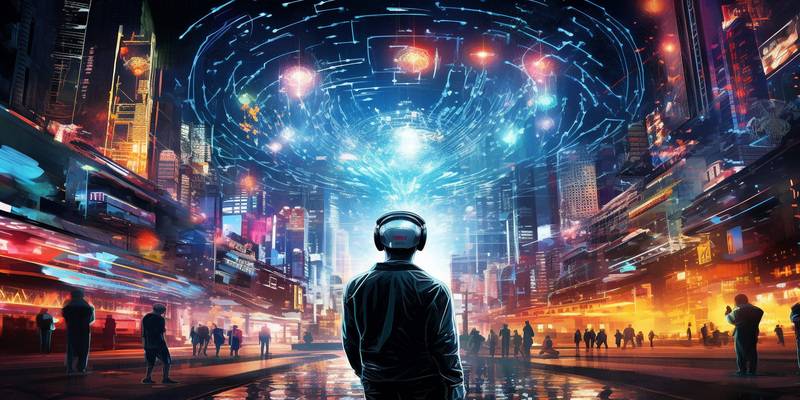Murky tales of social media and its impact on Hong Kong’s youth

As a platform, social media provides services that helps in connecting people across the world. The relationship that they share can be based on similar interests or random connections. With the ever-so-changing world, social media, too, has evolved. While communication tools have multiplied thanks to the advent of the Internet, social media has proved to be both a boon and a bane. The positives are often highlighted but we tend to forget the flip side that needs to be equally addressed in order to combat the negatives. Youngsters often spend hours being glued to their phones just to know what’s trending or who amongst their friends is doing what. Whether you check the news or not is not a priority but people surely check out what’s new on their timeline and how they can be part of the craze. Every day, a new application that “connects” you with your peers and strangers is available and the herd mentality pushes us to be a part of it. By doing so, we have exposed ourselves in several ways. Apart from invasion of privacy and cyber bullying, constant trolling or being an easy target on the social space has led to insecurities and depression among youngsters.
To make matters worse, we were struck by a pandemic that confined us to social media for most of last year. As an experiment to see what youngsters in Hong Kong feel about social media, I interviewed a group of teenagers to understand how the medium works for them. The first-hand data was then compared with studies conducted on a large scale as well as government statistics. We live in an age where anything and everything can go viral on social media. But in our attempt to make something trend, we often tend to cross the line. A lot of users don’t consider factors such as invasion of privacy as an issue when they post a comment. Memes and trolls often bring about a smile but the creators don’t consider the fact that certain remarks may be insensitive to the targetted individual/group and may cause emotional distress. Delve deeper and you find the issue of cyberbullying and a disconnect that social media causes from the real world.
Cyberbullying
Cyberbullying or cyberharassment has led to depression, loneliness and poor self-esteem among people of all age groups. About 90% of the youngsters in the group were subjected to cyberbullying at some point or the other since they started using social media platforms. From receiving threatening messages to expose explicit images or spread rumours about someone’s past, the tales of the web get murkier when personal accounts were revealed. The fact that one can be anonymous or have a fake profile to get away with their doings, has encouraged a large group of users to resort to these measures to target those they don’t want to succeed. Body shaming is one of the easiest forms of cyberbullying. Even celebrities are subjected to body shaming time and again. Instagrammers have accounts that clearly state, ‘Plus-size model/actor’ because people end up criticising their looks. Even when you are on the lean side, comments are bound to creep in.
A young Hongkonger shared his experience during his school days when he was on the lean side. “My classmates joked about the way I looked because I was very thin and my muscles weren’t developed. A friend of mine commented on Facebook that the “shirt is hanging on the hanger” as a cheeky remark to say I am slim.” Another guy shared that his being a foodie was something that he cherished until people started addressing him with distasteful monickers on social media. “Fatso, fatty, balloon, hippo, chubby… these were some of the names used to address me on social media. Even now, when I have gotten fitter, people make sure to post my ‘throwback photos’ just to show others how I looked few years back.” 70% of the youngsters agreed that at some point, they deactivated their account or changed their privacy settings due to the comments they were subjected to.
Invasion of privacy
While social media certainly bridges the gap and connects people, it also leaves all of its users vulnerable. The invasion of privacy has left to traumatic experiences. As shared by one of the interviewees, cyberbullying caused him insecurities that led to isolation. Due to certain rumours doing rounds on social media, the individual didn’t want to attend school or interact with any of his peers. His academic performance declined and he had to undergo therapy to overcome the trauma.
Often, one would see insensitive remarks on pictures on social media platforms that would lead to emotional distress. Social media trolls or remarks made to demean or body shame leave invisible scars on users who refrain from using the platform in future. In the sample group, all the female users had a collective response when asked if they ever felt that their privacy was invaded. It shouldn’t come as a surprise that they were subjected to lewd comments or messages from random users as social media’s connectivity has provided stalkers with an opportunity to ambush random profiles and ‘slide into the DMs’.
Interpretation
Detailed studies revealed that social networking impacts youngsters and adults psychologically as well as emotionally. While the list of positives overwhelms the negative effects, Hong Kong teenagers have exhibited a disturbing trend that needs to be addressed before it gets worse. Depression, emotional trauma, social insecurities as well paranoia caused by social media is one of the major causes that led to an increase in suicides in Hong Kong. The pandemic made matters worse as human interactions and connections were limited and the only source of communicating was through social space.
Inadvertently, the human psyche now functions on the basis of likes and views garnered by their posts on social media. If you are able to draw positive reactions, one feels that they are living a happy and successful life. At the same time, if your profile is not appreciated, you start associating yourself as an unsuccessful person. Interactions in real-life are already reduced because we all have become comfortable in hiding behind the screens.
Conclusion
As shared earlier, the advantages and social benefits of social media surpass the negatives, hence alienating or not being a part of it won’t address the issue at hand. While we all want to use these apps and get out of our bubble, we must keep certain thoughts in mind. Communicating and forming new relationships will only be helpful if we safeguard ourselves from the cons such as sharing personal information or making decisions in haste whether it is about meeting someone or giving access to sensitive data.
Social life is just a part of our lives and it shouldn’t dictate how our personal lives are. It doesn’t matter what others have to say about one’s photos or posts nor does the number of views or likes. Using the space to express your mood and beliefs is fine but seeking validation from others has often led to negative beliefs and distress. Also, one can only hope that bullying in any form isn’t encouraged and strict measures are taken against those who indulge in such practices. Rather than using the space to be a part of the trend and disrespect someone, even if it is through memes, one should set an example to be sensitive towards other groups. At the end of the day, we all want to have a good laugh and want to spread happiness among our social circles. So, instead of shunning our peers and criticising them, we rather create a space where they are comfortable sharing their views without the fear of being judged or trolled.






